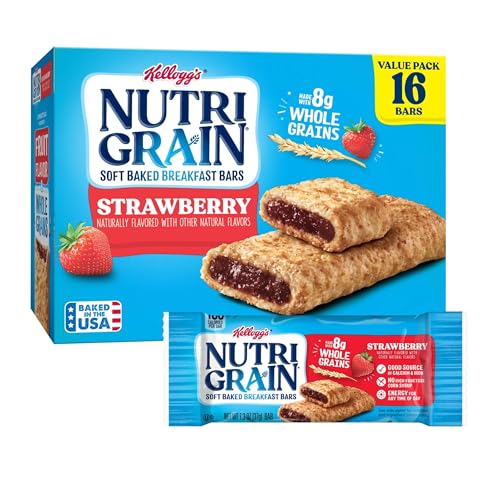
Choosing high-quality supplements is essential for supporting your health goals effectively. Navigating the overwhelming options available today requires a smart approach to ensure you select the best products for your body’s unique needs. With so many brands, ingredients, and promises on the market, it can be difficult to know which supplements are worth your investment. Making informed choices not only improves your overall well-being but also prevents wasting money on ineffective or potentially harmful products. In this guide, you’ll learn how to identify supplements that truly deliver results, align with your personal health objectives, and support a healthier, more vibrant life.
Understanding Your Health Needs for High-Quality Supplements
The first step in selecting high-quality supplements is assessing your specific health goals. Are you aiming to strengthen your immune system, boost energy, support cognitive function, or address concerns like joint health or digestion? Clarifying your objectives helps you narrow down the right choices.
Also, consider your dietary habits. Do you follow a vegetarian, vegan, or restricted diet that may leave nutritional gaps? For example, plant-based eaters often require additional vitamin B12, iron, or omega-3 supplements. Identifying these gaps allows you to target the most beneficial products.
If you’re unsure where to begin, consulting a healthcare professional or a registered nutritionist is highly recommended. They can provide expert advice tailored to your health status and lifestyle.
👉 Related Post: Best Supplements for Immune Support
How to Research High-Quality Supplement Products
Not all supplements are created equal. Choosing high-quality supplements involves verifying that products have undergone third-party testing. Certifications from organizations like USP, NSF International, or ConsumerLab signal that the product contains what the label claims—free from harmful contaminants and impurities.
Look for other quality indicators as well, such as ‘Good Manufacturing Practices (GMP)’ certification. Reading reviews from trusted sources or healthcare professionals can also provide additional reassurance.
Pay attention to the form of the supplement too. Some nutrients are better absorbed in particular forms—such as liquid versus capsule—so understanding bioavailability can help you select supplements that your body can use most effectively.
👉 Tip: Check out our Supplement Buying Guide for more practical tips!
Consulting Healthcare Professionals About High-Quality Supplements
Before adding any supplements to your routine, it’s important to discuss your plans with a qualified healthcare provider. Supplements can interact with medications, exacerbate existing conditions, or be unnecessary if you’re already meeting your needs through diet.
Come prepared to your consultation by listing your current medications, supplements, allergies, and health concerns. This enables your healthcare provider to recommend safe, effective supplements and adjust dosages if needed.
Their guidance can also steer you toward reputable brands and evidence-backed ingredients, giving you peace of mind that your supplement choices are both safe and beneficial.
👉 Useful Resource: How to Find a Registered Dietitian
Creating a Personalized High-Quality Supplement Regimen
An individualized approach ensures the supplements you take provide real benefits. Your age, gender, lifestyle, and current health status all influence the best supplement choices for you.
Set clear priorities. Whether you focus on immune support, heart health, cognitive performance, or correcting a deficiency, customizing your supplement routine ensures maximum effectiveness.
Remain flexible and review your regimen regularly, especially as your needs change over time.
Frequently Asked Questions About High-Quality Supplements
Q: How do I know if a supplement is high quality?
A: Look for third-party testing certifications like USP, NSF, or ConsumerLab and check for GMP compliance.
Q: Can supplements interact with my medications?
A: Yes. Always consult your healthcare provider before adding supplements to avoid negative interactions.
Q: How often should I review my supplement regimen?
A: Ideally, review it with a healthcare professional at least once a year, or whenever your health goals or medications change.
Trending Products














